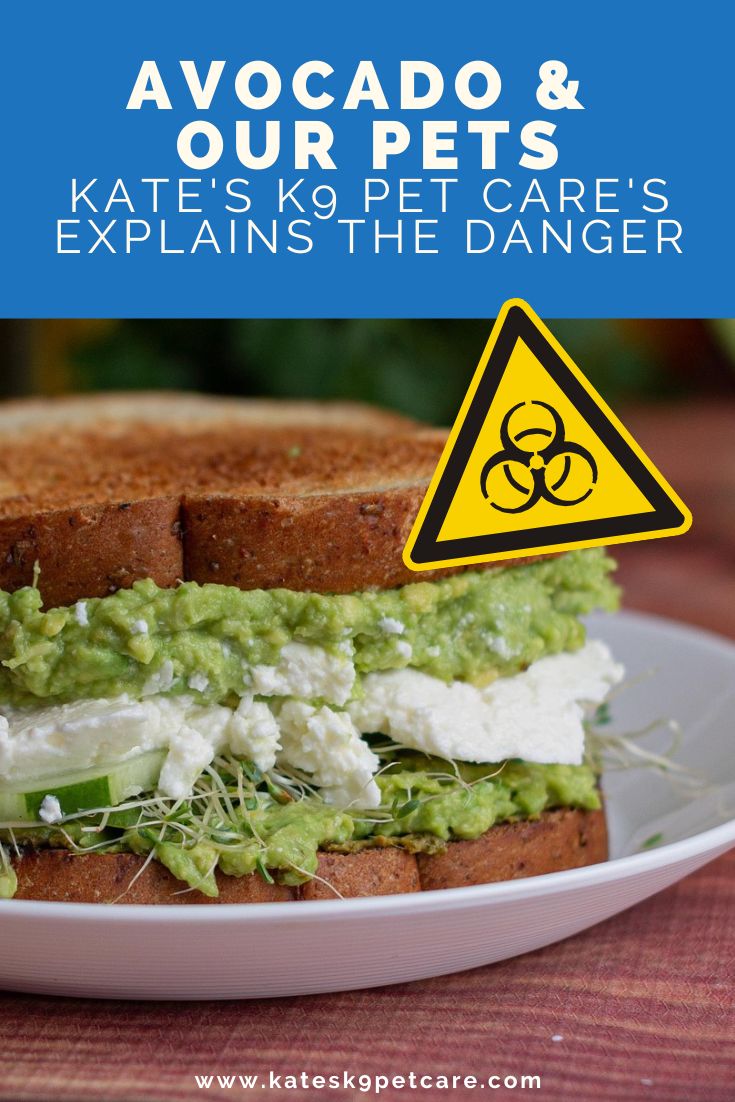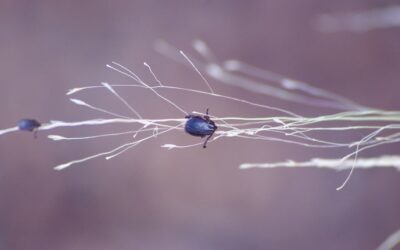Enjoying some avocado toast and wondering if you can share some with your pet? The green gold may be more popular than ever among humans, but brunch can quickly turn into a funeral if you share your homemade guacamole with your furry, feathered, or scaly friend. The effects of persin, a toxin found in avocado fruit and especially the plant, vary by species—but you shouldn’t offer this fruit to any animal.
Why is avocado so dangerous to pets, but not to humans? What should you do if you think your pet has ingested avocado? Let’s find out why avocado can make your pet sick and what fresh produce you can safely offer instead.
Why avocado can make your pet sick (but not you)
So how come we humans get to consider avocado a revered superfood linked with improved cardiovascular health, to the point where 2453 million pounds were consumed in the United States in 2018, while almost all other animals should steer clear of the green gold lest they get sick or even die? The culprit for most critters is persin, although this fruit’s fat content sure doesn’t help either.
Persin is an oil-soluble compound found in avocado plants and their fruit. It’s actually quite a useful little chemical, at least to the avocado: persin is an antifungal. This comes in rather handy to protect Persea americana (avocado’s scientific name) from fungal damage, especially given that it grows in humid regions that fungi love. The catch? This compound is also toxic to animals. As we’ll see, the exact danger varies by species.
There have been zero recorded cases of persin poisoning in humans, despite our intake absolutely skyrocketing over the past two decades. There are a few reasons for this:
- We only eat the avocado’s pulp, which is lowest in persin to begin with.
- Our bodies clear fatty alcohols like persin quickly through a mechanism called the fatty‑alcohol dehydrogenase pathway, which converts persin to benign fatty acids and then allows our bodies to excrete them. This means there’s no way for the toxin to accumulate. Animals also have this pathway, but it’s usually not as effective.
- We’re much bigger. Just a gram of avocado peel can kill a budgie, but won’t be noticeable to a human because there’s a lot more body to “dilute” the toxin in.

Help, my pet ate avocado!
You should always contact your veterinarian if you think your pet has ingested avocado. If the patient is a bird, it’s best to start driving and have someone call while you’re on the way to avoid wasting time. Based on the species, how much it ate (if you can tell), and any symptoms, they will be able to tell you whether you should bring the animal in for treatment or not. Be sure to also tell the vet which part of the avocado (you think) your pet ate.
The plant itself, especially its leaves, are by far the most dangerous part. The rind and seed also contain persin, but in lower quantities than the plant. The pulp, meanwhile, is the least dangerous, especially for less sensitive animals like dogs and cats. In fact, some sources mark avocado flesh as non-toxic to dogs, but that definitely doesn’t mean your furry friend should be having it for lunch: its fat content is so high it can cause an upset tummy and diarrhea.
Your veterinarian may administer charcoal, remove the avocado from your pet’s stomach, or just try to keep your pet comfortable and stable using a basic care protocol.
Tip: The avocado plant’s significant toxicity is something to remember if you grew a baby avocado tree at home using an avocado seed, which is a popular DIY activity. Growing brand-new houseplant from seed for free is pretty cool, but you should definitely keep this piece of greenery away from your pets.
How toxic is avocado to a dog/cat/bird/horse/rodent?
As we’ve already seen, persin isn’t equally toxic to all animals. Some, like birds, are incredibly sensitive both due to their small size and the less effective fatty alcohol conversion pathways in their guts. Below, let’s have a look at how dangerous avocado is to different pets.
Keep in mind that no pet should eat any avocado at all, ever—but it’s good to know what happens anyway.
| Type of animal | Sensitivity to persin and avocado plant parts | Can die from eating avocado pulp? | Onset time | Notes |
| Dog | Low | Only very large amounts; generally only tummy upset | 6-12 hours | Pit can block the intestine, which is very dangerous |
| Cat | Low | Only very large amounts; generally only tummy upset | 6-12 hours | |
| Bird | Very high | Yes, as little as 2g for canaries | As little as 30 minutes | The smaller, the bigger the risk |
| Rodent (rabbit, guinea pig) | High | Yes, small amounts | 12-30 hours | |
| Rodent (mouse, rat) | Low | Rarely, only large amounts | ||
| Reptile | ? | Unknown, don’t feed | ? | Some owners do report deaths, but there is no hard data |
| Horse | Medium | Yes, large doses | 24-96 hours | Risk of leaf ingestion in areas where avocado is native |
| Ruminant | High | Yes, large doses | ~24 hours | Risk of leaf ingestion in areas where avocado is native |
Did you know? Aside from heart problems like arrhythmia and damage to the cardiac muscle, persin poisoning can also cause serious sterile mastitis (non-infectious inflammation of breast tissue) in lactating animals.
Safe fruit & veggies for pets
As should be clear by now, you should not invite your furry, feathered, or scaly friend to brunch if there will be avocado toast. Luckily, there are plenty of other fruits and vegetables you can include in their diet! Fresh or prepared (usually steamed) is chock-full of healthy (micro)nutrients, vitamins, minerals, and other stuff your pet’s body needs to function properly—except cats and ferrets, who can eat plant foods as a treat but not as a regular part of their daily diet.
Some produce is toxic to certain animals but not to others, like grapes, which can cause kidney damage in dogs but make a great treat for parrots. Luckily, there are also options that work for almost pets, so you can feed them without thinking twice! Just make sure they’re plain: no seasoning, no cooking fat.
Fruits safe for all pets
Note: fruit should be a treat-only food (less than 5% of their diet) for most pets. Most fruits are too sugary to use as a staple! Ironically, avocado is an exception to this rule.
- Blueberries: not as high in sugar as many other fruits, packed with antioxidants.
- Strawberries: most pets can eat the green tops too.
- Raspberries: yep, the berries are the winners here!
- Melon (water, honey, etc.): remove rind and seeds.
- Kiwi: some animals like it without peel, but parrots don’t mind it.
- Apple: remove the seeds. High in sugar!
- Pear: remove the seeds. High in sugar!
Vegetables safe for all pets
Note: as with fruit, vegetables high in sugar (like carrot) should be fed more sparingly.
- Cucumber: not very nutritious, but very safe.
- Bell pepper: all colors, remove stem.
- Carrot root: animals love the slight sweetness.
- Zucchini: low sugar, low oxalates, great choice.
- Romaine lettuce: low nutrients, but also low risk.
- Celery: just remove the toughest strings for a healthy snack.
Conclusion: Why avocado can make your pet sick
In conclusion, guacamole should be limited to humans only. Thanks to our higher body weights and efficient fatty‑alcohol dehydrogenase pathways, we can actually benefit from the healthy fats in an avocado. That’s why avocado can make your pet sick, but not you!
The same does not go for our pets, which can experience symptoms ranging from tummy upset to cardiac failure and even death if they eat avocado—although the deadliness depends on the species of animal and the part of the plant or fruit they ate. If you think your pet has ingested avocado, you should call your veterinarian.
Sources
Avocado (Persea spp) Toxicosis in Animals







